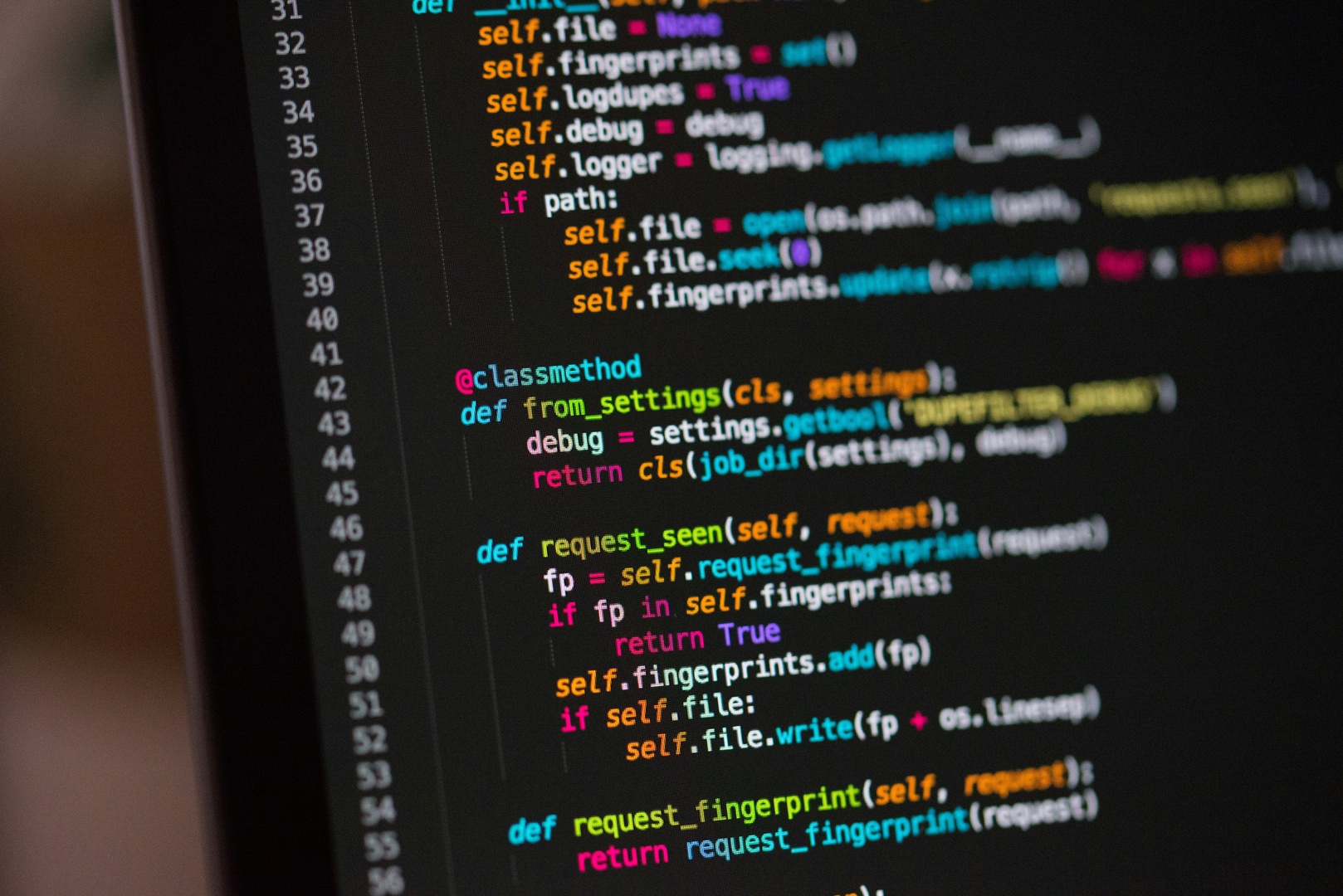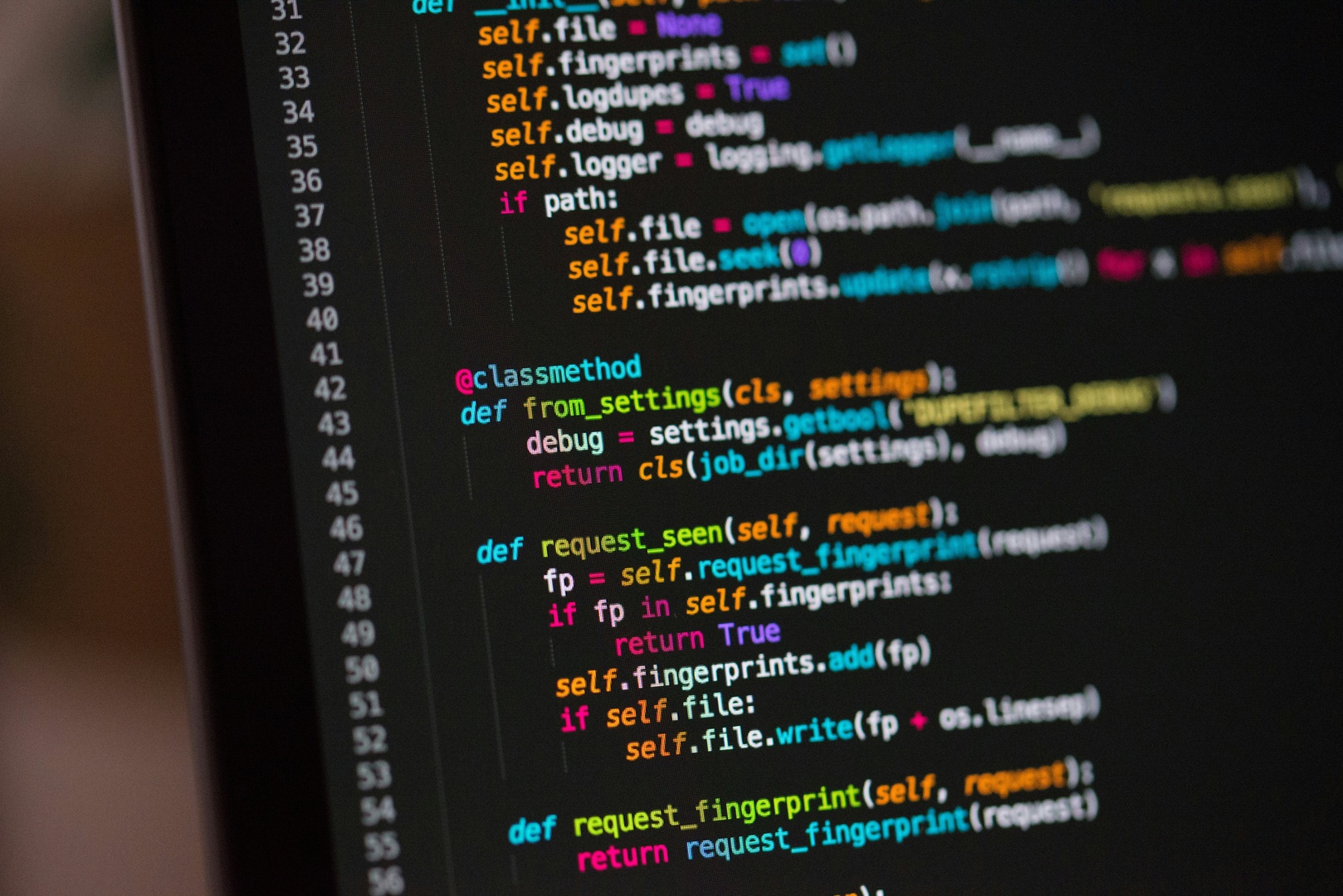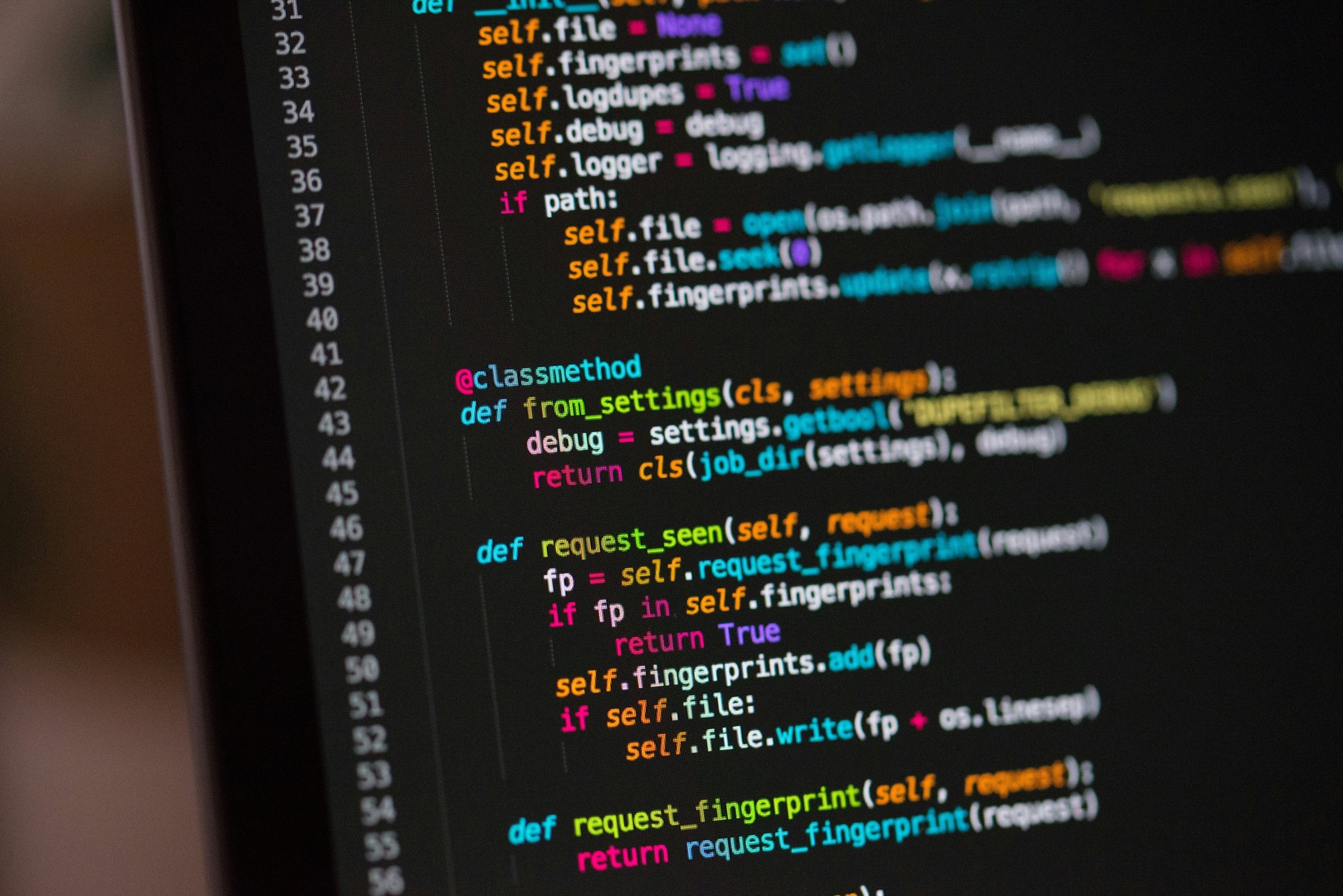Claude 4 models promise unmatched performance in coding and intelligent tasks, setting a new industry benchmark.
Anthropic’s latest models signal a transformative leap in AI capabilities and coding efficiency.
A Leap Into the Future of AI
In the fast-evolving landscape of artificial intelligence, few announcements have generated as much excitement as the unveiling of Anthropic’s Claude 4 model family. With its new offerings, Claude Opus 4 and Claude Sonnet 4, Anthropic positions itself at the forefront of AI innovation, promising to reshape how intelligent agents are developed and how coding tasks are approached. As the company boldly declares, these models are engineered to advance AI strategies for a diverse range of applications.
Claude Opus 4: The Coding Powerhouse
When Anthropic brands Claude Opus 4 as its “most powerful model yet” and “the best coding model in the world,” it captures the attention of developers and businesses alike. With impressive scores on industry benchmarks—achieving 72.5% on SWE-bench and 43.2% on Terminal-bench—Opus 4 demonstrates its prowess in rigorous testing environments. However, the model’s strength lies not just in its remarkable scores but in its capability for sustained performance. Designed to handle extensive coding tasks, Opus 4 can operate continuously for hours, showcasing a level of persistence that previous models could only aspire to. This advancement opens the door to tackling complex problems that require deep focus over extended periods, a game-changer in the coding landscape.
Claude Sonnet 4: The Versatile Workhorse
While Opus 4 may be the heavyweight champion of coding, Claude Sonnet 4 emerges as a versatile workhorse, adept at handling a wide array of applications. Early feedback highlights Sonnet 4’s capabilities in agentic scenarios, with GitHub planning to adopt it as the core model for their new coding agent in GitHub Copilot—a significant endorsement that speaks volumes about its reliability. Tech commentator Manus notes improvements in Sonnet 4’s ability to follow complex instructions and produce clear, reasoned outputs, while iGent reports an impressive reduction in navigation errors, from 20% to near zero, enhancing app development workflows. Sourcegraph’s optimistic outlook about Sonnet 4 further reinforces its status as a substantial leap in software development, highlighting its ability to stay on track and provide elegant code quality.
The Innovative Hybrid Approach
One of the standout features of the Claude 4 family is its innovative hybrid model, allowing both Opus 4 and Sonnet 4 to operate in two distinct modes. The first mode caters to those seeking immediate responses, while the second mode enables deeper reasoning and extended thinking. This duality is part of the Pro, Max, Team, and Enterprise Claude plans, ensuring that even free users can access the extended thinking capabilities of Sonnet 4. This democratization of advanced AI tools is a strategic move by Anthropic, making top-tier AI accessible to a broader audience.
Empowering Developers with New Tools
Anthropic is not just making waves with its models; it is also rolling out an impressive suite of developer tools designed to enhance the capabilities of AI agents. The introduction of a code execution tool allows models to run code, paving the way for interactive applications that can solve problems in real-time. Meanwhile, the MCP connector standardizes context exchange between AI assistants and software environments, streamlining workflows. The files API and prompt caching functionalities further empower developers, enhancing efficiency and effectiveness in real-world tasks.
Leading Performance in Real-World Applications
With the Claude 4 models, Anthropic underscores its commitment to real-world performance. The company proudly states that its models lead on SWE-bench Verified, a benchmark specifically designed for performance in software engineering tasks. Beyond coding, these models excel across a spectrum of capabilities including reasoning and multimodal tasks. Despite the enhanced features and capabilities, Anthropic is maintaining a consistent pricing structure, with Claude Opus 4 available at $15 per million input tokens and $75 per million output tokens, while Claude Sonnet 4 is priced at $3 per million input tokens and $15 per million output tokens. This pricing consistency will be well-received by existing users, ensuring that businesses and developers can easily integrate these groundbreaking tools via the Anthropic API, Amazon Bedrock, and Google Cloud’s Vertex AI.
A Future Where AI Agents Excel
Anthropic’s Claude 4 models are a testament to the significant advancements being made in AI technology, particularly in the realms of coding and agentic behavior. With the introduction of Opus 4 and Sonnet 4, alongside a powerful suite of developer tools, the potential for innovation is poised to expand exponentially. As businesses and developers begin to experiment with these models, the landscape of intelligent agents and coding is set for a dramatic transformation, promising a future where AI not only assists but excels in complex tasks.
Sources and References
AI News, Published on May 22, 2025



